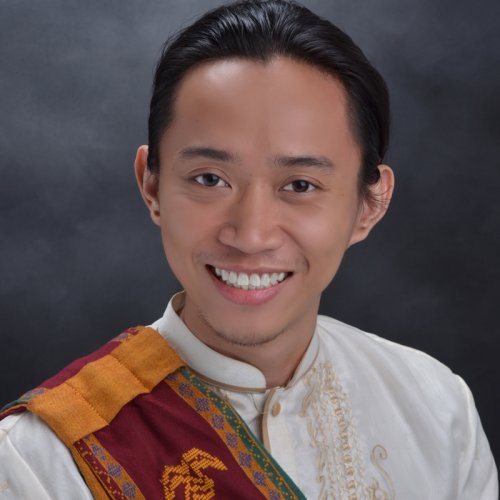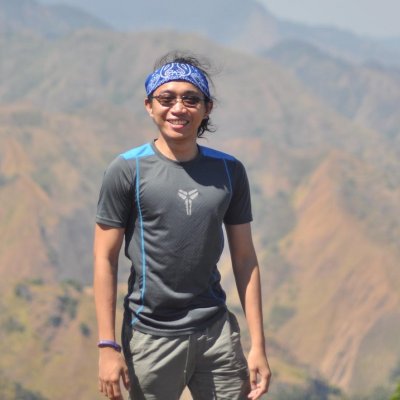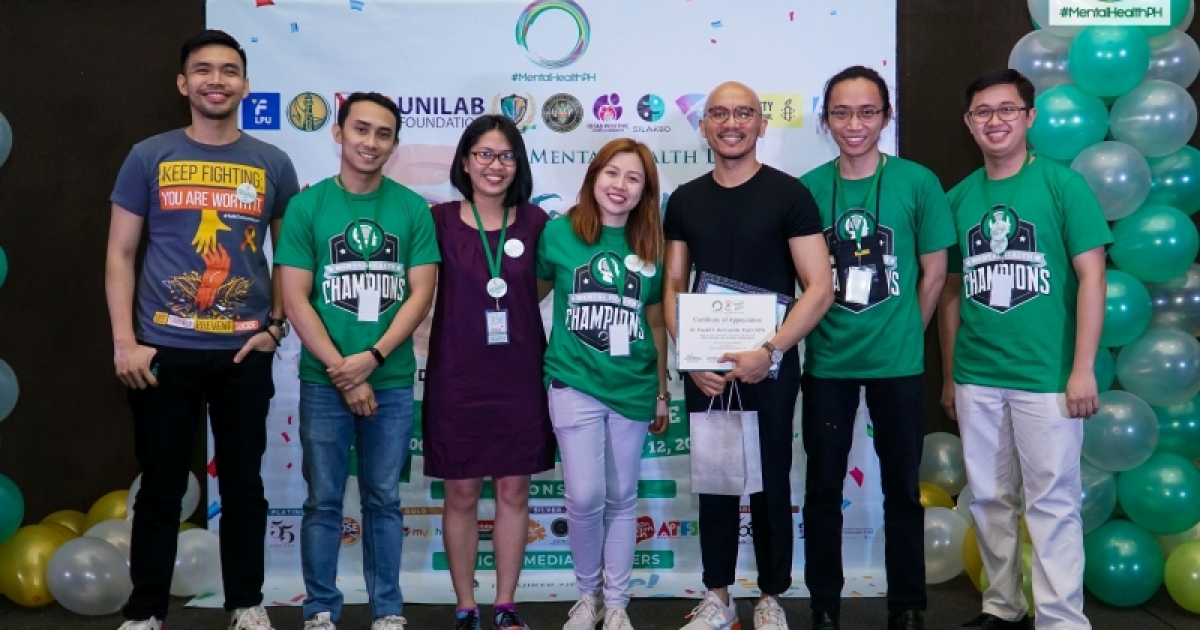“Trust the Process, Live in the Moment”
Roy O. Dahildahil, RMT is a master’s in science in Health Informatics student in the University of the Philippines Manila and a graduate of BS Public Health at the University of the Philippines Visayas. In 2016, Roy co-founded and lead #MentalHealthPH a non-stock non-profit organization that aims to promote and protect mental health in the Philippines through social media and internet technology. He’s a theatre and arts enthusiast and recently a member of the Philippine Educational Theater Association (PETA), a renowned theatre group in the Philippines fighting for human rights through creative arts.
Q: Tell us a few things about your country, and also your life's story!
A: I'm from the Philippines. I graduated BS Public Health at the University of the Philippines (UP) Visayas and now taking MS Health informatics in UP Manila.
The Philippines stays true to its name having rich biodiversity not only on its flora and fauna but also in terms of culture, social, and political believes.
We were colonized by many countries, eg Spanish, the US, Japan, and abused by a Filipino Dictator. Our geography and topological location also made the country vulnerable to environmental catastrophes. But Filipinos remained steadfast and fought for what is right, for our democracy, a quality life. Every Filipino, like myself, is unique, resilient, and a fighter.
Q: What is your view of the world as it is today? And how do you define the concept of a better world?
A: The world is rapidly changing and growing continuously. Some changes are for the better some are for the worse, and sometimes changing back to what we were once before.
My concept of a better world is a world that is truly accepting of every human being's diversity, a safe space for everyone, and rapidly adapting to whatever changes the world is creating.
Q: What are some of the key challenges in your society?
A: I'm working currently on fighting the stigma against mental health and mental illness, lack of access to information and quality mental health services in my country. Prevalence of mental illnesses and suicide is rising continuously in my country.
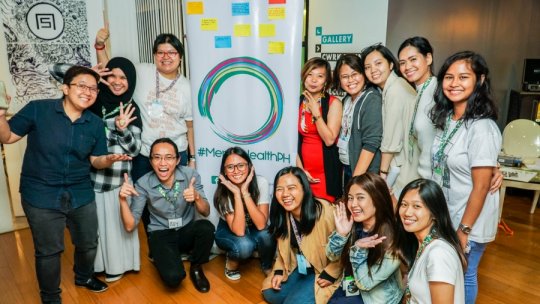
Q: As a young individual what are a few of the hurdles that you had to overcome up until today?
A: Pressure from the society that at a certain point in your life you have to have your life figured out. I'm 27, and still unsure what to do and where to go in the long run.
Q: Why is the role of a mentor important for you?
A: My mentor, Georgia, sets my perspective straight, especially in living life one day at a time. Georgia, with her experience, guides me and inspires me to live my life and every moment to the fullest.
Q: Do you have a lesson that life has taught you and you would like to share?
A: Trust the process, live in the moment.
Q: What are some of the challenges that women in your country face and what efforts are made towards gender equality?
A: The Philippines are still mostly patriarchal, especially in the most rural areas in the country. "Ilaw ng tahanan", (Light of the house), a common definition of mothers, while fathers are haligi ng tahanan (foundation of the house). These statements would mean that women are perceived to only conceive a baby, take care of the family and especially the husband, while the fathers are expected to be working and providing financial support. This is problematic as it sets standards the workforce is only expected to the males (fathers).
Many feminist organizations and awareness campaign debunking this notion are growing and getting traction, especially in urban areas. They slowly cascade to the grassroots.
Q: Athena40 is the first ever global selection of the top 40 women forward thinkers, commentators, activists, authors, academics, entrepreneurs, executives, innovators. Can you think of a truly innovative and forward-thinking woman from your country that you wish to nominate for the Athena40 global list?
A: Dr. Kristine Mae Magtubo. She was a doctor to the barrio (Doctor in the province) and now a tech entrepreneur. Her experience in the rural areas, seeing the health challenges there, fueled her advocacy in improving the health care through technology.
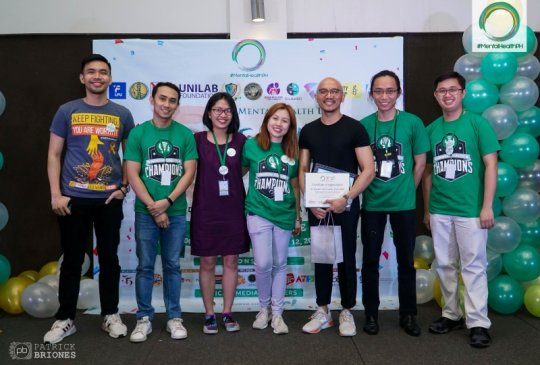
Q: Share with us a phrase, a poem or a story that you love or you find interesting!
A: The starfish story. The starfish story reminds me to continue making a difference, even if it's only for a single person or a select few. I may not have changed the world, but I know "I made a difference for that one".
It somehow supports Henry Thoreau's famous quote, "One is not born in this world to do everything, but to do something."
Q: Tell us one thing that you have learned from your mentor.
A: "Do not be pressured to decide what or who to be now or at any given point in time. You are not supposed to. Be guided by your own decisions, choice after choice and just keep trying life bite by bite."


